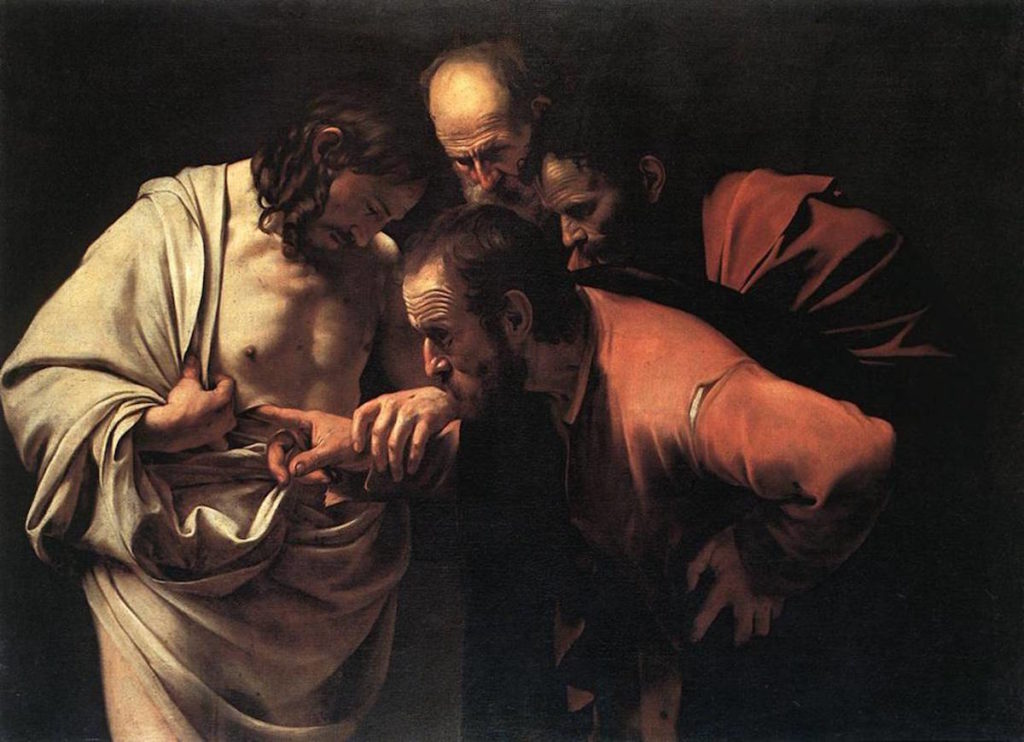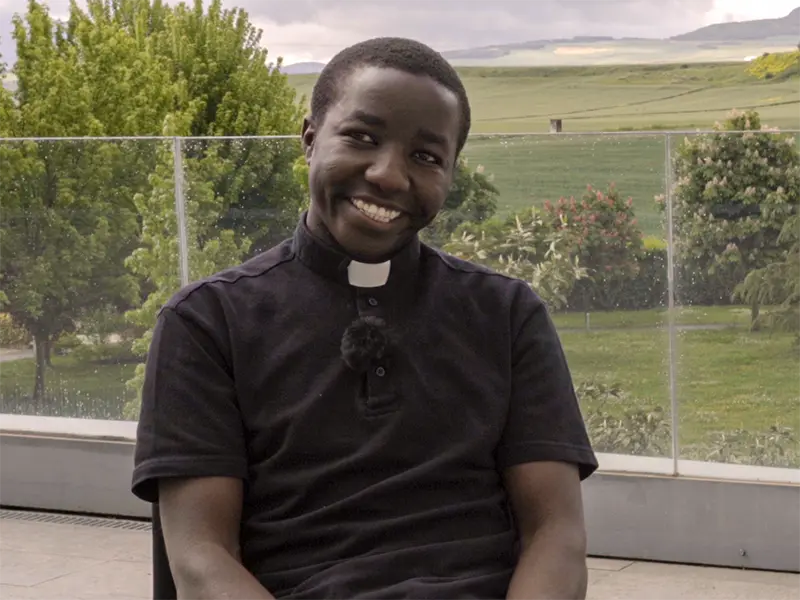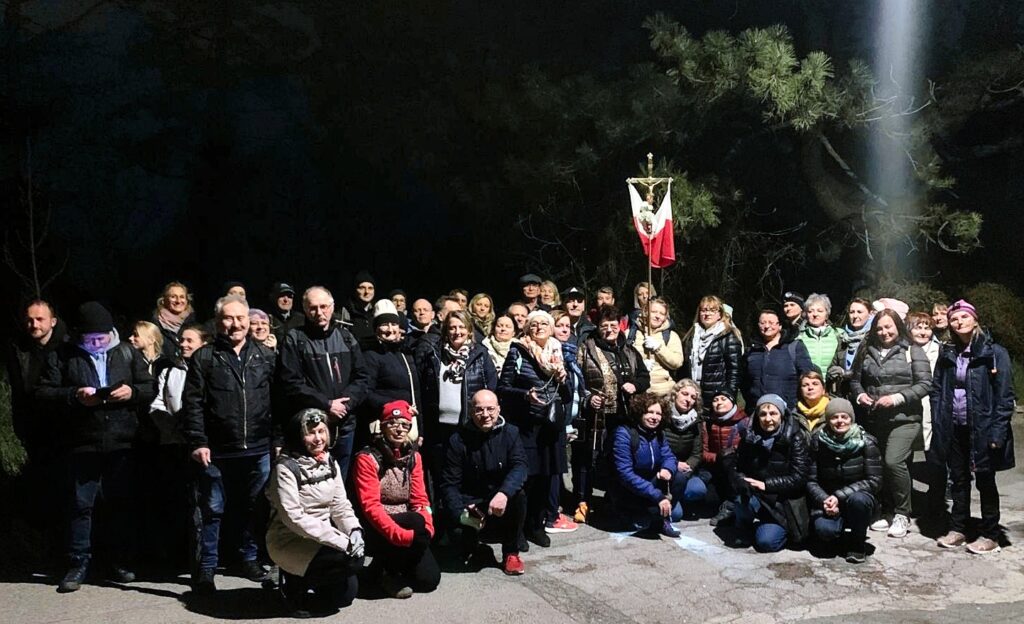Saint Thomas the Apostle: In the face of doubts, faith
Venerated by Catholics, Orthodox and Copts

The priest Eugenio Bujalance offers Exaudi readers this article about Saint Thomas the Apostle, whose feast day is celebrated today, titled “Facing doubts, faith.”
***
Today the Church celebrates the feast of Saint Thomas, one of the twelve Apostles. The name Thomas in Aramaic means “twin” and the nickname by which the apostle “Didymus” was known in Greek has the same meaning. We do not know, however, if Saint Thomas, perhaps a fisherman and one of the first to leave everything to follow Jesus, had a brother. He is venerated as a saint by Catholics, Orthodox, and Copts, his remains are found in the Ortona church dedicated to him.
Many have tried to explain and understand why he is called by this nickname of the Twin, and he owes his celebrity to his questions and his doubts. When he returns to the place where the disciples were hidden, after the appearance of the Risen Jesus, the disciples tell him: “We have seen the Lord” (Jn 20, 25), he says: “If I do not see in his hands the sign of the nails, unless I put my finger in the hole of the nails and put my hand in his side, I will not believe it” (Jn 20, 25). That is why he will also go down in posterity, receiving the title of Unbeliever. Paradoxically, Saint Thomas will also be the one who makes the most perfect profession of Faith when he says: “My Lord and my God” (Jn 20, 28)
I once read a meditation where he said that Thomas’s twin is each of us. At that moment when doubt, confrontation appear, and in each of the challenges that we face every day, our faith is also put to the test, we are also unbelievers. It is not a sin to realize that some mysteries of our Faith are difficult to understand, nor is it a sin to accept that our understanding cannot fully understand everything. If, despite all this, one trusts in God, who has revealed it, and believes, there is not only the absence of sin, but there is also merit. Newman said: “A thousand problems do not create a doubt” because questions, if they are the result of an involuntary doubt, are lawful as long as they are asked not to deny the truths of faith but to try to explain or understand them in order to then believe more and better. The doubt makes sense then, and if it is well resolved, it should lead us to believe.
It is somewhat unfair to pigeonhole this apostle due to the weakness of his faith at a specific moment. What Saint has not doubted? When, on the other hand, in the Gospel of Saint John we see that he develops a questioning character, he wants to feed and grow his Faith. At the Last Supper Jesus announces his departure, it is Thomas, undoubtedly with a lump in his throat, who question: “Lord, we do not know where you are going, how can we know the way?” (Jn 14, 5). Jesus answers: “I am the way and the truth and the life” (Jn 14:6). Thomas does not want to be left with anything that he does not understand, he needs to know and understand what the path is that will take him to Jesus. At another time, when Jesus prepares to leave for Bethany at the time of the death of Lazarus, he is in danger and the disciples remind him: “Teacher, recently the Jews were trying to stone you” (Jn 11:8). Thomas says to the other disciples: “Let us also go and die with him” (Jn 11:16). In this very determined way, Thomas reminds us that following Jesus means living his life. By pronouncing these words, Thomas is associating himself with the very life of the Lord, therefore, in his life there were more acts of faith than doubts.
Saint Thomas needs to see and touch, to feel safe. Sometimes the same thing happens to us too, we need to feel safe in what we see and touch, otherwise distrust will be created. Thomas’s tendency to disbelief is cured by touching the Lord, it is the mercy of the Lord that is made available to us, to heal our distrust. Sometimes, like Thomas, we too are ashamed of not having believed, of not having trusted, and the Lord, instead of responding according to our distrust, allows himself to be touched and performs a miracle, transforming the unbeliever into a believer. The miracle of miracles, the conversion.
Who can say that he truly loves Christ if he does not strive to know Him better? Faith drives us to want to know more, to be able to give reason for our hope, how important it is to know and love what we believe in.
May this feast of Saint Thomas grant us this miracle in our lives, let us thank the Lord because we are Believers, as many as there are who want to and cannot, however, we have been granted the gift of Faith. Therefore, let us not neglect prayer, since faith is a gift from God. Furthermore, it is good to entrust our doubts to a good spiritual director or a good priest in the confessional, to be part of a group in the parish, to care for and increase the formation that feeds our Faith. May the Holy Spirit guide our faith at all times and make it grow so that we can come to firmly believe in the Lord like Saint Thomas.
Related

“Being Catholic in Tanzania is a source of pride”
Fundación CARF
16 April, 2025
6 min

The Vatican Suppresses the Sodalitium of Christian Life After a Long Discernment Process
Exaudi Staff
15 April, 2025
1 min

From Kahlenberg to the Papal Cross – Polish Night Way of the Cross in Vienna
Heschel Centre for Catholic-Jewish Relations at the Catholic University of Lublin
15 April, 2025
2 min

“I Will Never Be Herod for the Innocents”
Wlodzimierz Redzioch
14 April, 2025
6 min
 (EN)
(EN)
 (ES)
(ES)
 (IT)
(IT)

